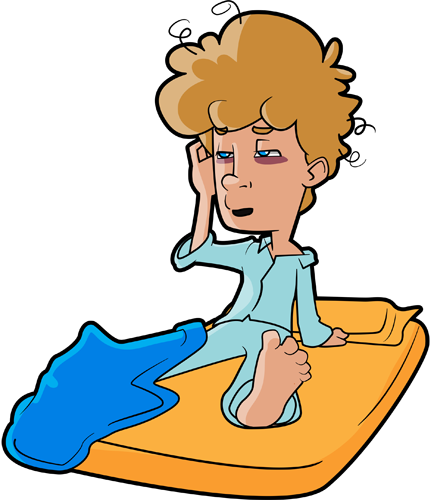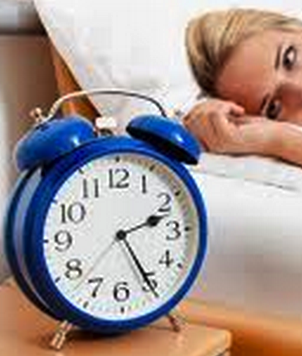Sleep studies and what loss of sleep means | Mental Health

 Sleep is a key regulator of homeostasis, and offers many physiological, cognitive, and emotional benefits.
Sleep is a key regulator of homeostasis, and offers many physiological, cognitive, and emotional benefits.
Ten percent of the population have been diagnosed with insomnia, and another 48% present with insomnia-like symptoms. A key hallmark of insomnia is “sleep continuity disruption.”
This term describes when an individual wakes up at multiple points throughout the night and does not reap the benefits of stage 3 and REM sleep.
Numerous published studies have investigated the effects of sleep loss and changes in affect. Bethany Remeniuk, PhD, presented results from a preliminary study linking acute sleep loss with changes in affect and changes in pain sensitivity at the American Pain Society’s annual meeting earlier this year.
Dr. Remeniuk and colleagues had previously observed a significant decrease in positive affect following a night of sleep continuity disruption, compared with a night of uninterrupted sleep. Other groups also investigated whether acute sleep loss produced changes in pain sensitivity, but no prior study looked at all 3 modalities.
For this study on the relationship between affect and pain modulation, Dr Remeniuk placed a thermode on the back of the hand of an individual looking at positive-, neutral-, and negative-valenced photos. Participants who had uninterrupted sleep showed a positive pain modulation effect and graded pain intensity that was lower when looking at positive- vs negative-valenced photos. This effect was lost following a night of sleep continuity disruption.
This result led the team to design a neuroimaging study in which individuals were randomly assigned to either a night of uninterrupted sleep (an 8-hour total sleep opportunity) or a night of “forced awakenings,” in which the individuals were woken up throughout the night.
Volunteers went the next day for an fMRI scan, and following a 2-week wash-out period, were brought back and were subjected to the opposite sleep condition. Instead of using photos, researchers used music stimuli, which they deemed to be more dynamic.
They had previously asked individuals to select 15 songs that they rated as highly joyful or nostalgic; they also used songs rated as neutral-balanced.
 Their study design consisted of 3 blocks. During each block, positive or neutral songs were played. During a block session, a song played for 51 seconds, and the thermode was applied to the medium forearm. During that time, a 10-second warm stimulus and a 10-second heat stimulus were applied, with a break in between.
Their study design consisted of 3 blocks. During each block, positive or neutral songs were played. During a block session, a song played for 51 seconds, and the thermode was applied to the medium forearm. During that time, a 10-second warm stimulus and a 10-second heat stimulus were applied, with a break in between.
The researchers did not observe any significant difference after a night of uninterrupted sleep vs a night of forced awakenings when a pain stimulus was accompanied with a neutral stimulus. However, they recorded a slight activation of the prefrontal cortex after a night of forced awakenings.
During the positive music plus pain stimuli block, there was activation of the precuneus, nucleus accumbens, and anterior cingulate cortex under the forced awakening condition, noted Dr Remeniuk.
In summary, following acute sleep loss, the researchers concluded that neural circuitry is altered. They postulate that if such sleep disruption patterns are sustained over a longer period of time, those changes could lead to chronic pain, insomnia, and depression.


